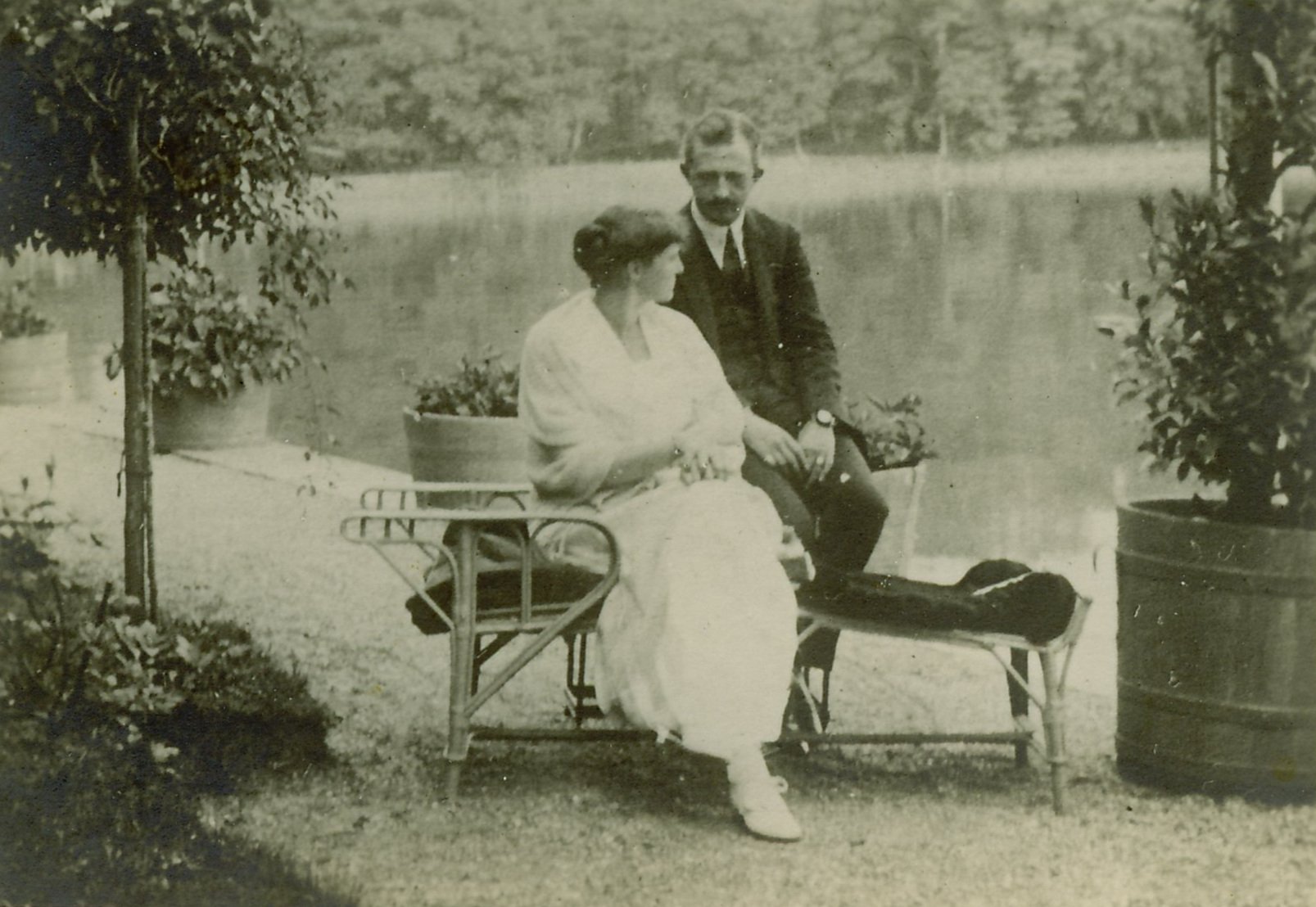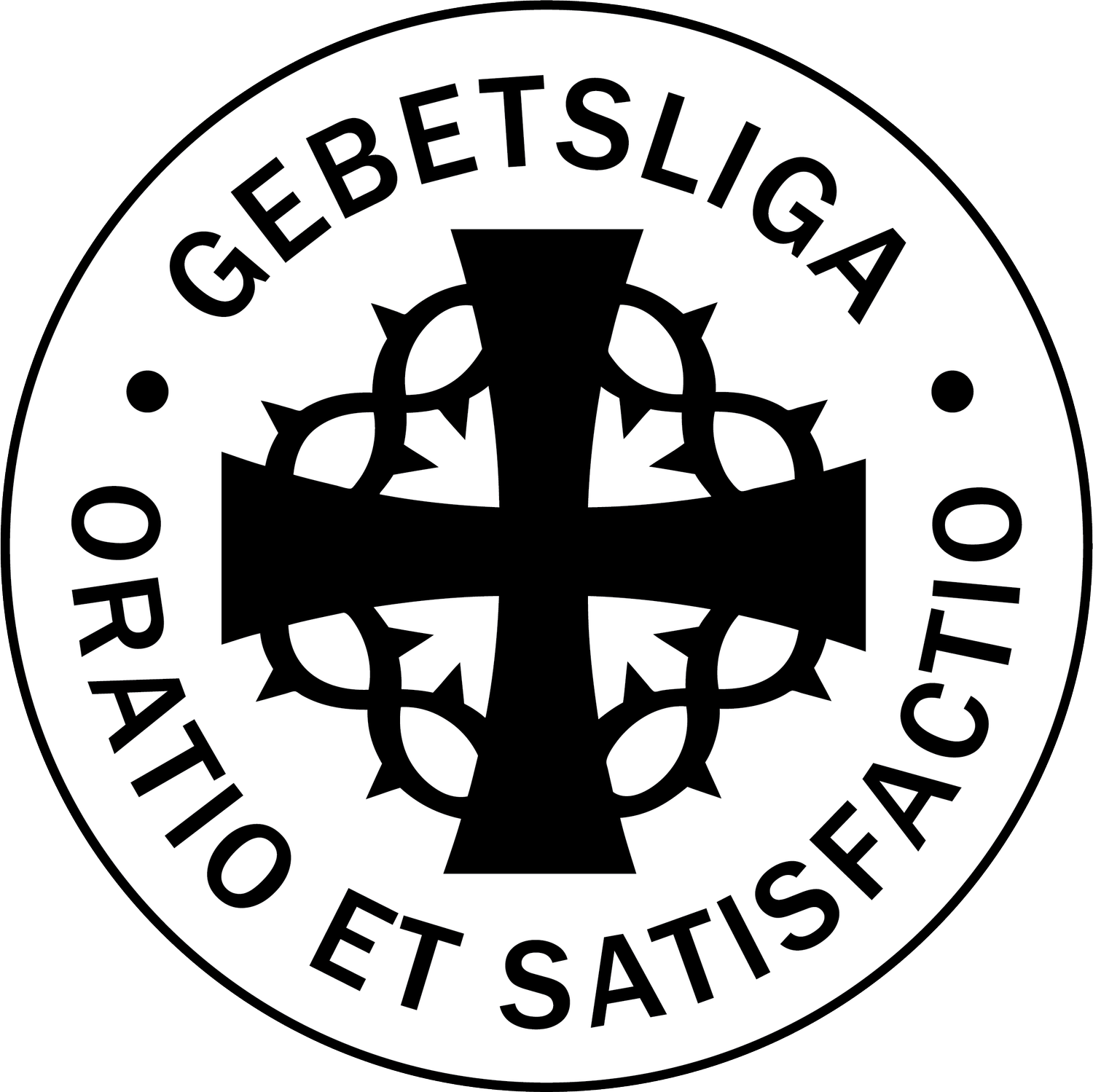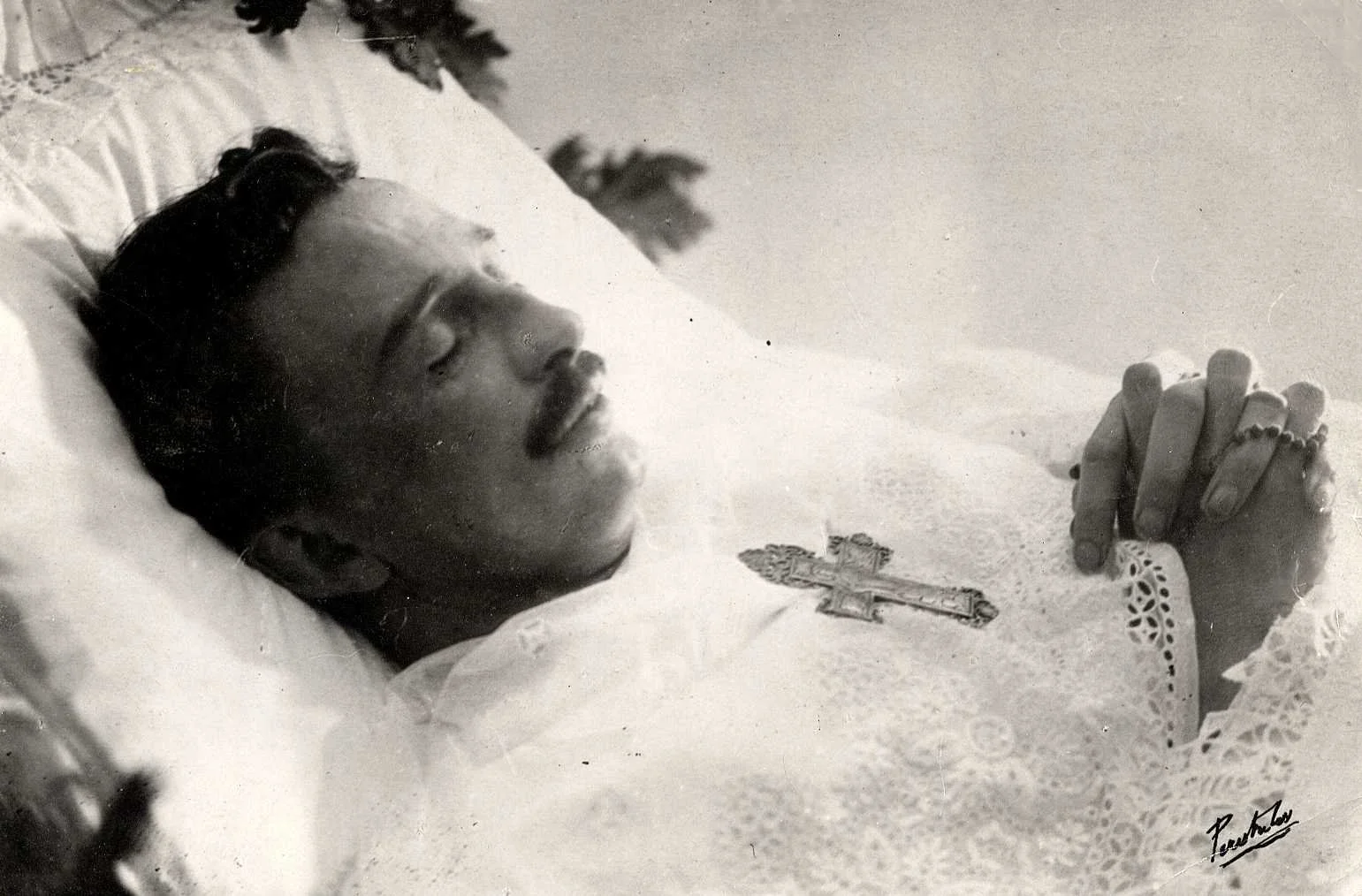
Karl: Committed to Divine Providence
On March 9, Emperor Karl took his two oldest children with him to the town of Funchal to buy a birthday present for Karl-Ludwig who would turn four the next day. At the top of the mountain where they were living, the air was densely foggy, cold, and damp; while at the base in town, it was sunny and warm. On the return trip, the Emperor became overheated with exertion, and was not properly dressed for the chillier climate on top of the mountain. This affected a chronic lung problem he had suffered from for several years.
A few days later, Karl went down to Funchal again, but on his return he went to bed exhausted, with a cough and fever. Since he could not afford a doctor, he delayed calling for medical aid, and his sickness became worst, developing into pneumonia and influenza.
Finally doctors were summoned, but Karl was seriously ill, and in a weakened state. They injected him with camphor, turpentine and caffeine; they applied mustard plasters, and gave him small balloons of oxygen when it could obtained.Finally in desperation, they cupped his back-a painful procedure meant to suction infection out of the body.
Despite his suffering, the Emperor never complained about his pain or agony. In fact, he was more worried about the trouble he was causing the household, and the possibility that he might be contagious to others. The extent of his suffering was evident when he was overheard speaking to himself: "How good it is that there is confidence in the Sacred Heart of Jesus. Otherwise, it would be impossible to bear with all this." Karl's devotion to the Sacred heart was particularly strong. Everywhere he traveled, he took with him an image of the Sacred Heart, which he kept under his pillow. During his final illness, he also kept a relic of the True Cross, a second-class relic of Pope St. Pius X, and a relic of Br. Conrad.
His wife stayed with him throughout most of his ordeal. She would hold him, sooth him, and pray with him. He prayed for his oldest son Otto, as well as all of his children. He forgave those who betrayed him, and prayed for his subjects. On the evening before he died, he uttered: "I must suffer like this so that my peoples can come together again." But his most frequent pray was: "Thy Will be done!"
On the morning of his last day he whispered to his beloved wife: " I love you unceasingly," and she held him in her arms for the rest of the morning. He prayed aloud: "Jesus, I live for You, for You I die, dear Jesus come!" The Emperor rested for a while. He later requested Holy Communion, which Father Zsambóki administered to him, and anointing him a final time. The Eucharist was exposed in his room, and he prayed in the Lord's presence. About ten minutes before he died, he prayed: "Thy Holy Will be done. Jesus, Jesus, come! Yes-yes. My Jesus, as You will it-Jesus." Then he whispered "Jesus" softly, and died. It was shortly after noon on Saturday, April 1, 1922. He was only 34 years old.
Text by Br. Nathan Cochran, OSB

